

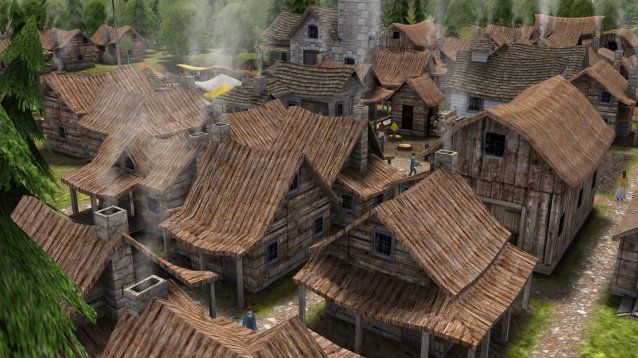
Luke Hodorowicz never even planned to make a city builder. When he first left his steady job and paycheck to strike out on his own, wondering whether whatever he made would even be noticed, he spent several months creating a zombie action RPG called zAftermath. The problem with that? Pieces of the game were going to take far too long to make, and it wasn't even fun. Besides, if he wanted to avoid obscurity then making a game about zombies wasn't going to help.
"When you start making a zombie game, you realise there are too many zombie games."
Hodorowicz wasn't fazed, however. He was more than just a one-trick pony; games he'd worked on in the past ranged from the likes of Robotech: Battlecry and – his favourite – Earth Defense Force: Insect Armageddon to Dora the Explorer and Despicable Me. He had plenty of ideas for different games he could make instead, and though that list didn't include a city builder, he knew that he had to come up with something that – unlike zAftermath – he could play every single day for an entire year and still enjoy. So he repurposed the code he'd written for his failed zombie game and within a few weeks had built on top of that a working prototype of the game that would become Banished.
“It was messy and the game play code for it was horrible, but I immediately loved playing it."

But if Hodorowicz was going to make a city builder, he was going to do it right. He spent a week making the first house. He slowly taught himself to be a better artist. He focused on creating a game that had what others like it lacked.
“I was always annoyed at city builders that treat population as just a number. How are 57 people living in that small house? Why do the people disappear and reappear? What did I do that made them move in or out?”
The result, after two years of work, is a game with an individualistic philosophy. Aside from the first few medieval settlers, who come to their new home as outcasts, each townsperson is born and must be nurtured into a productive member of society. They have a childhood (albeit a shortened one of only a few season cycles) and the opportunity to go to school; those townsfolk who get an education during these formative years will be more productive in adulthood, producing more resources than their uneducated peers.
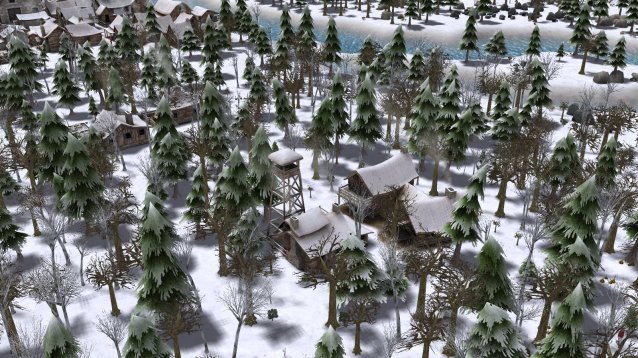
That ability to pull more wood from each tree is a boon in a game with an emphasis on sustainability, and while Hodorowicz doesn't want to force his own ideals on the player that message is central to the mechanics of the game. Farm the same patch of land too often and it'll become unusable. Dig a mine and you've scarred the landscape forever. Hunt too many deer and they could die out.
Of course, sustainable practices aren't the only things to consider when trying to keep your population from starving to death, as the change of the seasons also affects food production. As far as edible plants are concerned, most of their growth is dependent on the season, and players also have to be prepared for damaging heat or frost. If they fail to gather and grow enough resources, your townsfolk will suffer; they won't be able to feed themselves or warm their homes, or they might not have enough to make use of the trade vessels that visit every once in a while.

Even once a player has worked out how to help their town survive – leave a few fish in the sea, educate physicians to keep your villagers healthy, and kit them out in cold-weather clothes so they can stay outside for longer in the winter – the game isn't won. Every map is procedurally generated, and so every game requires a different strategy. It's a simple idea, but the interplay of the various features of the game seems complex enough that each game could feel fresh. Besides, Hodorowicz plans to provide continual updates that will bring even more features to the table. He just has to get the game shipped first, and for that – though he'll make no promises – we'll likely have to wait until around Q3 this year.
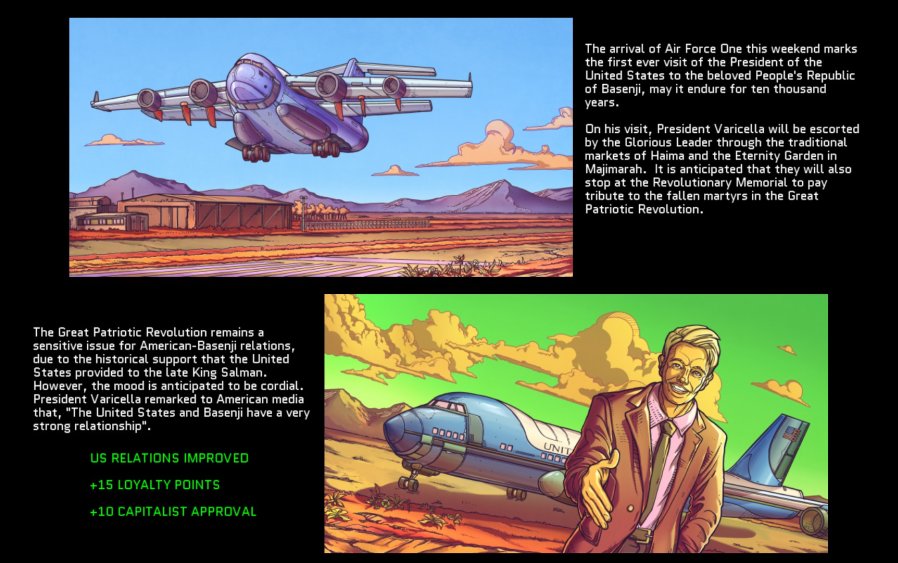

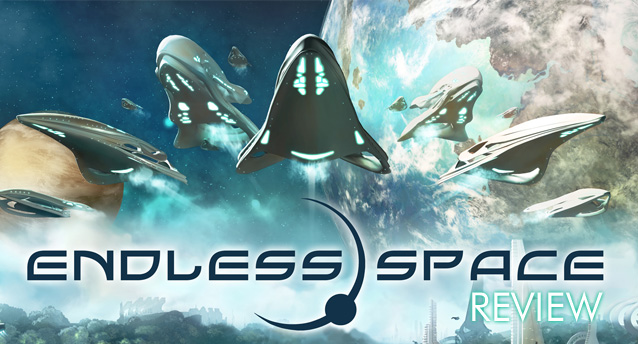
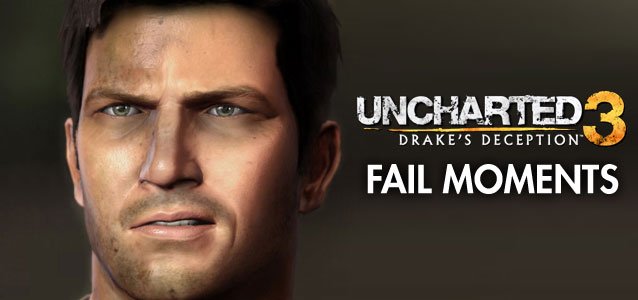
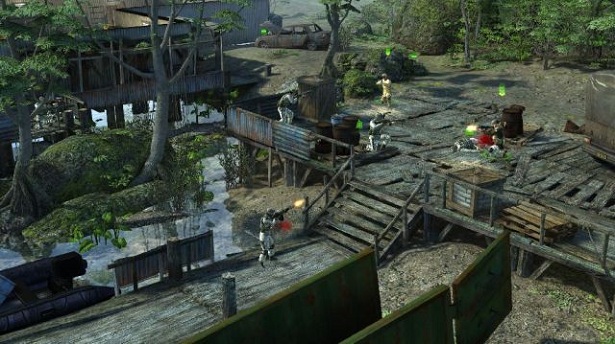 Jagged Alliance: Back In Action Walkthrough
Jagged Alliance: Back In Action Walkthrough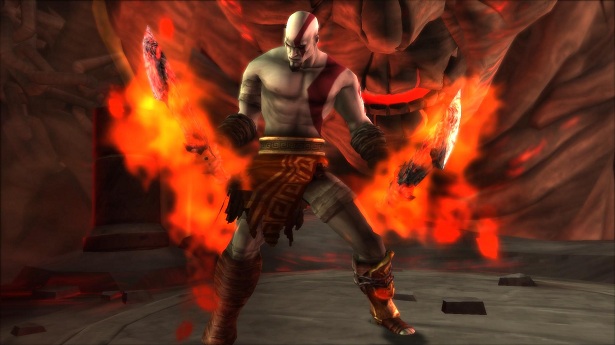 God of War Origins Collection Walkthrough
God of War Origins Collection Walkthrough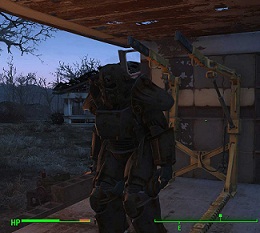 Fallout 4: Power Armor - Repair and Modding, Frame locations
Fallout 4: Power Armor - Repair and Modding, Frame locations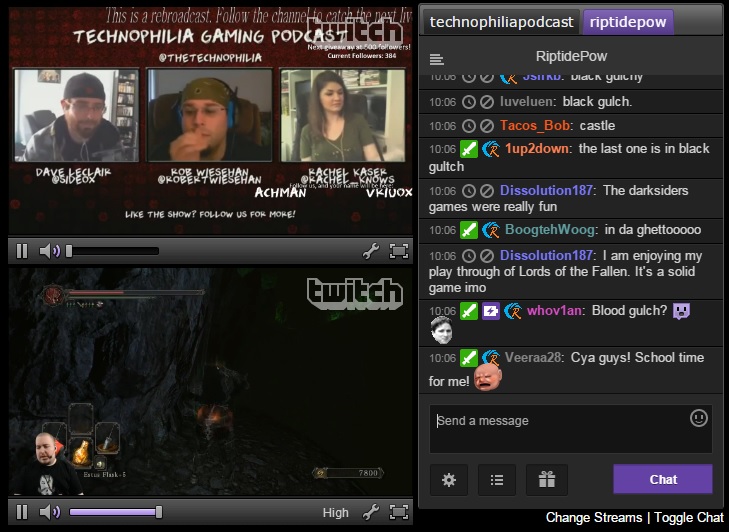 Run a Better Twitch Stream With These Tools
Run a Better Twitch Stream With These Tools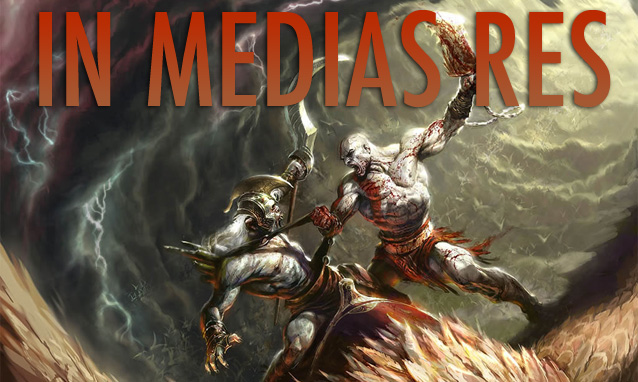 In Medias Res
In Medias Res